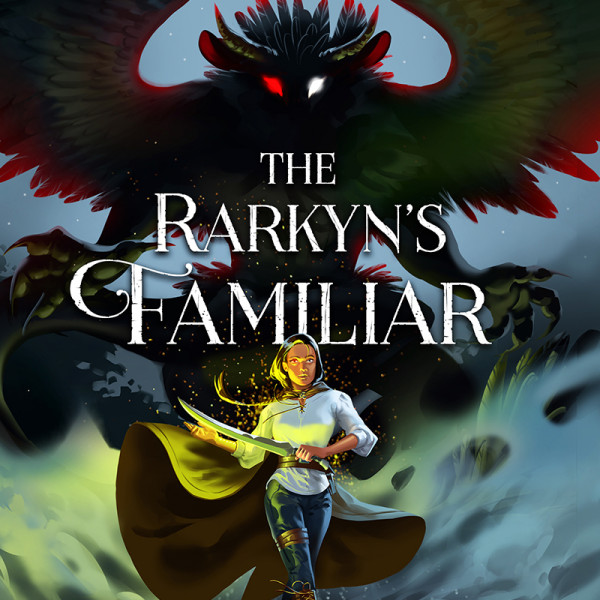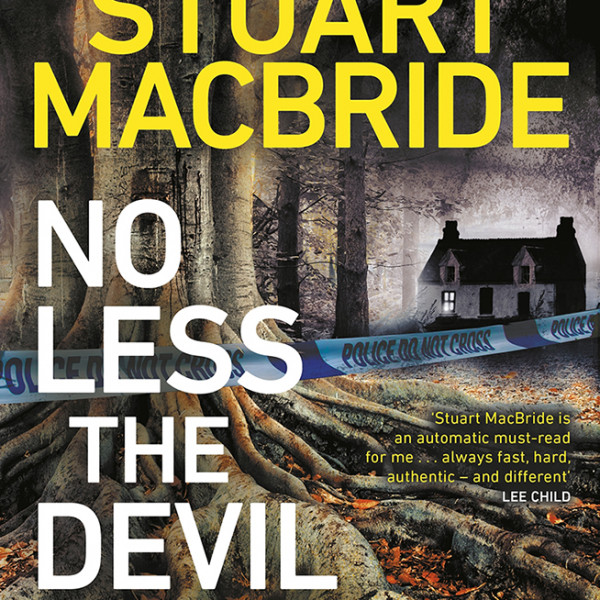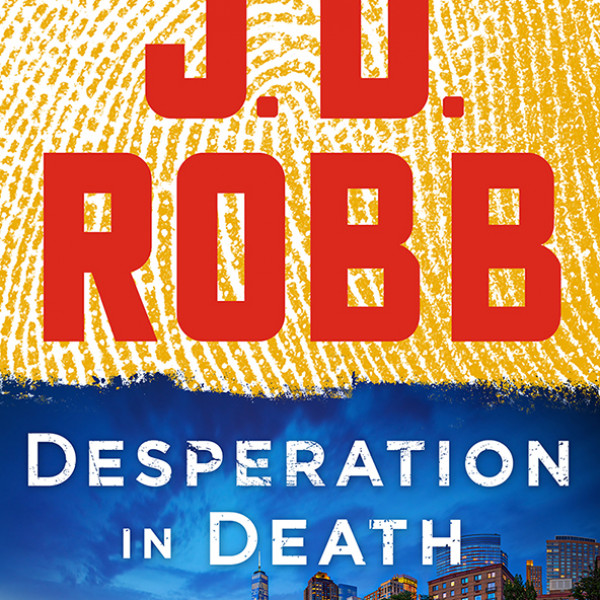
Fog rolls over the island of Inisherin. The cold sets into your bones and the sea laps at your feet. Centuries of tradition and legend wrap themselves around your shoulders, shrouding the world in ancient mysticism and melancholia that seems only to exist in the realms of Celtic folklore and the fraught history of the Irish Isles. Pádraic Súilleabháin (Colin Farrell) heads down to the local as he has everyday since forever, but his best friend Colm Doherty (Brendan Gleeson) no longer wishes to speak to him. What ensues is a darkly humorous, bloody conflict with devastating consequences.
Set in 1923 The Banshees of Inisherin is an allegory of the Irish Civil War, a bloody battle pitting family and friends against each other. With the made-up island Inisherin translating roughly to “island of Ireland” and the plot revolving around a senseless conflict between Colm and Pádraic – best friends, brothers almost, who lose so much for so little, while the corrupt priest and brutal police officer stand by – the narrative is a powerful and beautifully crafted commentary on a dark moment in Irish history.
If I had the authority to give Barry Keoghan a supporting actor award for his portrayal of Dominic Kearney, I would fly to Ireland and personally deliver it to him. Rivalling Leonardo DiCaprio’s performance in What’s Eating Gilbert Grape, Keoghan offers a compelling and tender portrayal of a boy on the spectrum, struggling to find his place in a world that doesn’t have much space for him. All the characters are so alive and well crafted. The relationships are a truthful representation of small, isolated communities. Cinematographer Ben Davis, designer Eimer Ní Mhaoldomhnaigh, and editor Mikkel E.G. Nielsen make a brilliant team.
I have so much praise for this work of art I could write pages. Martin McDonagh’s The Banshees of Inisherin has received nine nominations at the upcoming Academy Awards, and it deserves them. This film is cinematically masterful, so well acted, visually arresting, funny, touching, sad, and everything in between. It is also a love letter, a condolence, an Irish wake, a ballad to the people of Ireland.





















